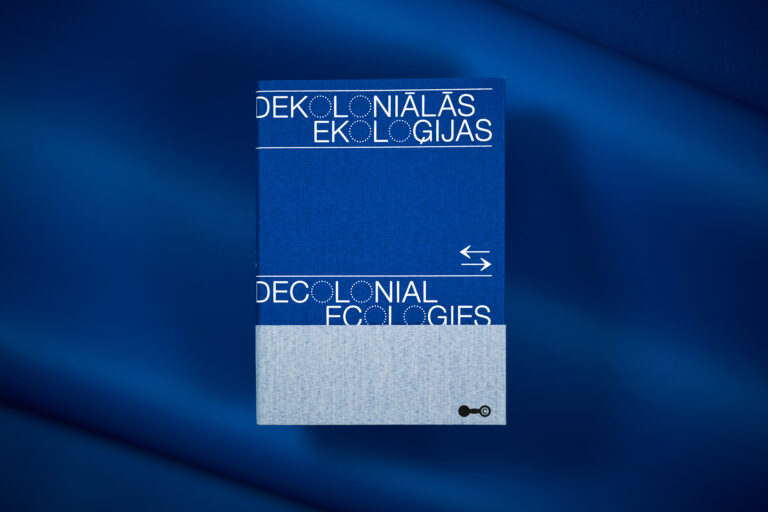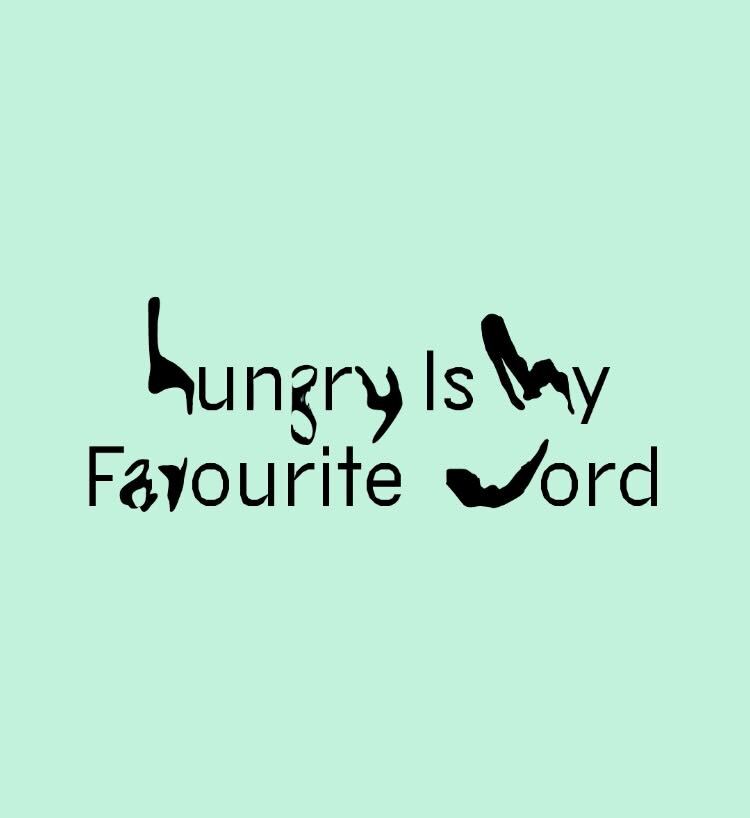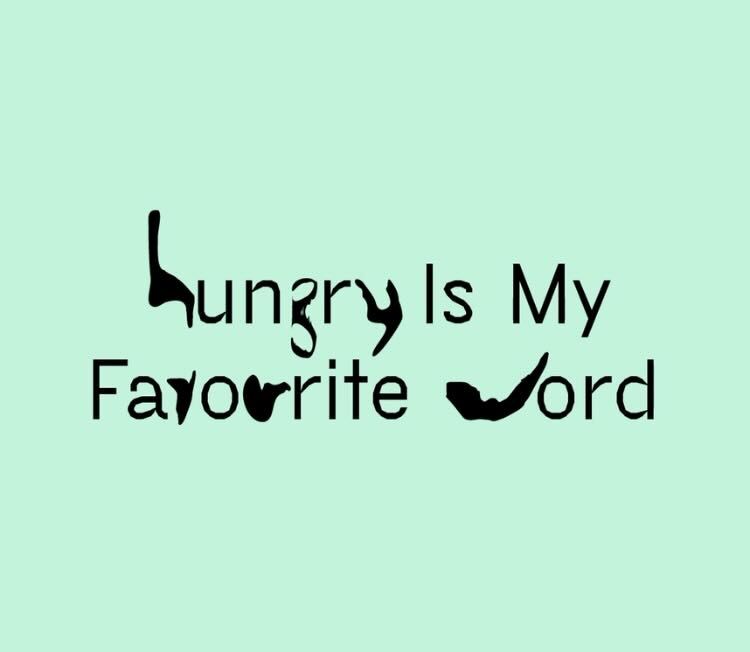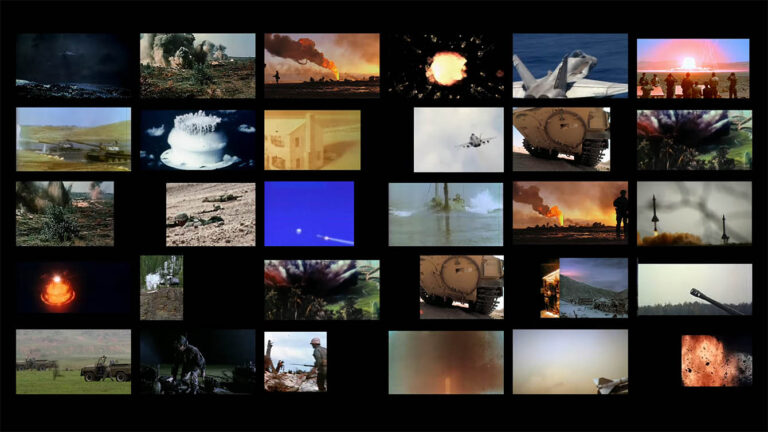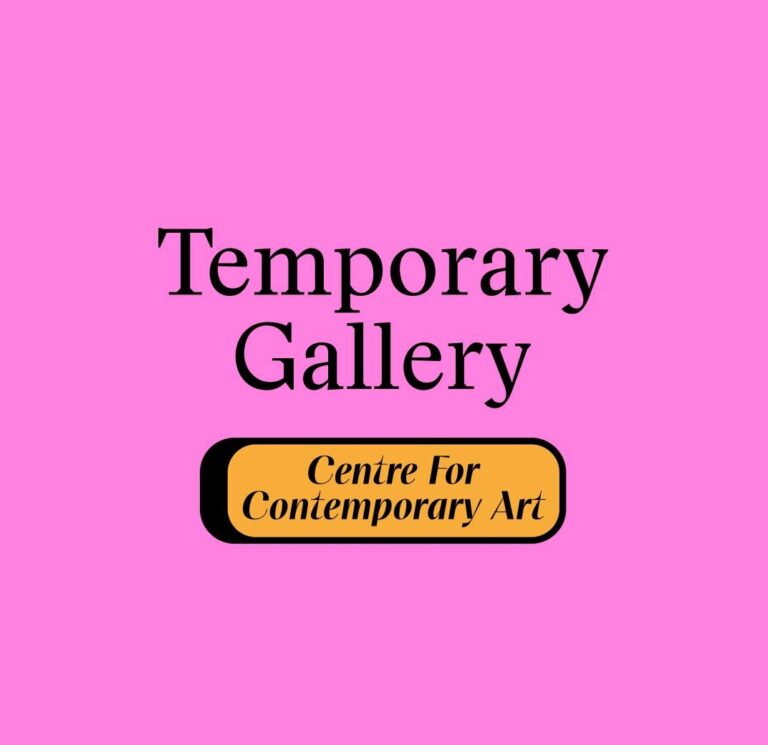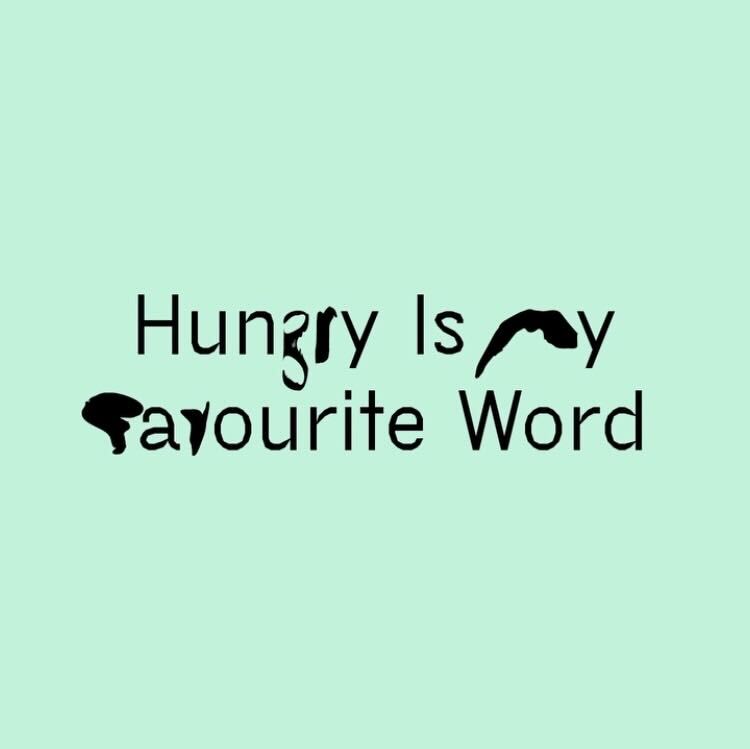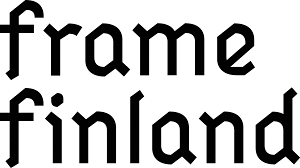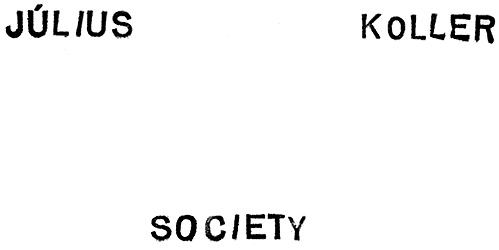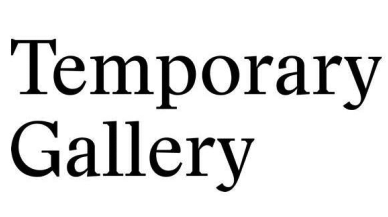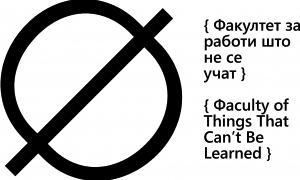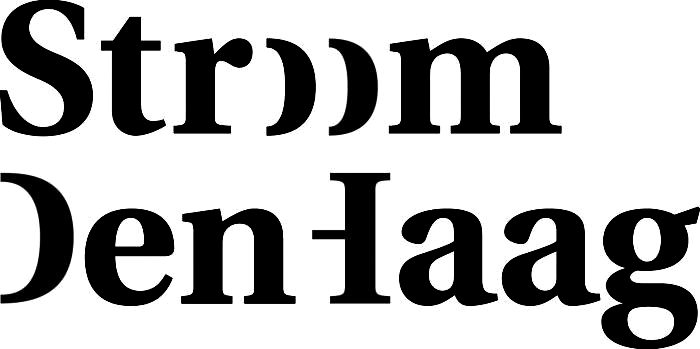Our new coworker Kata Pirhac writes about her summer experience at the JKS and our plans for future.
Where We Left Off…
In May we opened our biggest and geographically most ambitious exhibition yet under the name Between Earthly Beings and the Earthly Beings and the Unknown World: The Continent. In collaboration with the curator Canan Batur from Nottingham Contemporary we prepared a multimedia selection of new commissions and other works from artists of the Mediterranean such as Cansu Cakar, Merve Iseri and others.
Canan was excited about including pieces from the Koller’s archive in the exhibition and although the language barrier was present, the ideas seemed to successfully transfer via cartographic imagery. She also showed interest in collaborating with local art students. This is what we had in mind from the start: to facilitate the first encounter of local artists with a foreign cultural worker and thus create a perspective network for them. We understand that practicing art does not go always hand in hand with the PR work one has to undertake to have their work presented outside of the central European context. We would like to lessen the barrier, so we use our contacts to create a link to the wider audience.
Right before the opening of the exhibition our team was joined by Kata, a local student, writer and literary critic. The diversity of perspectives with which we are now operating thanks to the IOK is something we appreciate the most. The sociological insights from Katarina Slezáková as well as literary and linguistic background from Kata enrich our practice as a cultural centre and enable us to diversify our approach to art and curatorial strategies. The input is also valid when it comes to the accompanying events which we organized in spring and are planning in the near future inc. a workshop on degrowth, creative writing workshop based on the theories of philosophical realism and a workshop on inclusive language for cultural institutions.
Teambuilding N. 1
A late spring afternoon blessed us with a warm shower – although a bit sleepy, the eventless, noiseless atmosphere is also suitable for planning and finally out team had the chance to meet under one roof for a few hours to discuss the basics; the questions we do not really have the time to ask while in the daily hurry. We might as well call it a workshop as we not only brainstormed the potential exhibitions and programs but also got the chance to interact and find intercepts of our individual work.
We tried to pin down the aim of our live programmes, which require a different approach than the archival work and different set of competences but most importantly we tried to formulate our approach to the archive as something of a dual nature: closed and opened at the same time.
It was challenging to articulate the relationships of JKS with the rest of the local artworld and contemporary art scene. Are we a medium? Are we here to educate? To popularize? We found out that actually, the archive functions better as a tool, not an end in itself. We decided to use it to navigate relations, solidifying a network and a community around it. The archive also changes its nature based on interpretation, and this is what we cherish – another layer to the hermeneutics of JK – as opposed to gatekeeping the narrative. At the end we really like to play, as Koller did with UFO. Sometimes it is better to hide, to be unforeseen, to surprise, to be volatile. This approach cannot be expected from the established institutions, hence, we – as an independent cultural centre – are assuming the role of the fleeting – to widen the field of focus, to meander.
In the course of the discussion the number of questions inevitably multiplied. We are now planning a longer meeting, something presumably out of town and for a longer time period to enhance our contemplating abilities and to free ourselves from the constraints from the ordinary and routine.
Language in Practice
The summer’s heat is hitting us hard in the concrete-ish Bratislava. Everybody is leaving the city (if they have a place to go or a hotel to afford). The Covid pandemic actually took us out and the trend does not seem to be going away anytime soon. We hopped on and did the same. Part of our team decided to visit Artwife, the first, and to this day the only, feminist festival of its kind in Slovakia. In addition, this year’s theme (Language) closely links with our upcoming exhibitions and events. The topic of language resonates now more than ever within the wider public. In recent elections, a new prescriptive rule was included in the election programme of the far-right political party. The inspiration comes from the 90s and the French Toubon law. The research of linguistic solutions in questions of gender inclusive language is thus even more urgent. We also had the opportunity to plunge into the topic of socio-economical language inclusive strategies in a panel discussion with a translator of the first Slovak edition of a book written by a Slovak Roma woman Elena Lacková. We would like to elaborate on the topic in the following year with a workshop on such inclusive strategies within curatorial texts.
Image: Reinventing language (workshop at Artwife festival)

